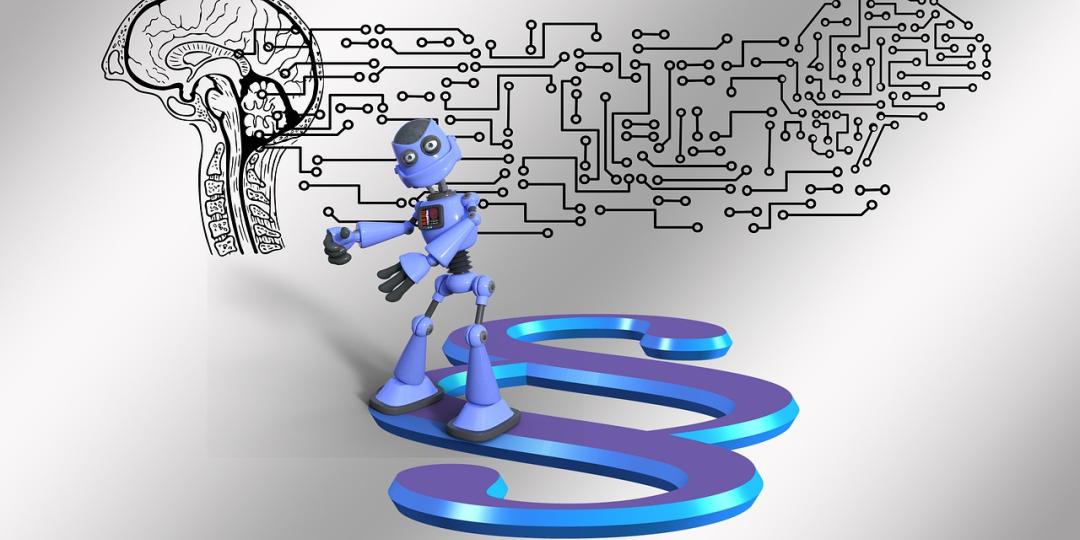IT has become so pervasive that a lack of ethical awareness in this sector risks doing more harm than good, and widening the digital divide.
This is according to Josine Overdevest, founder and MD of 21st century educator coaching organisation ”Flying Cows of Joz”, non-executive director of the Institute of Information Technology Professionals South Africa (IITPSA) and chairperson of the IITPSA Social and Ethics Committee.
Overdevest says: “IT is such important work and has a significant impact on the greater good. Technology designers, developers and implementers are already working with ethics even if they don’t realise it.”
She notes that law and ethics are not the same thing. “What you do may be legal, but you also have to consider whether it is ethical,” she says.
Overdevest cites as an example of her experience when researching her Master’s Degree in Law in the 1990s: “For my thesis, I investigated the legal implications of remote sensing of the earth from outer space. Outer space is considered “common heritage of mankind” meaning that it is free for exploration and use by all states for the betterment of society as is captured in international treaties like the 1967 Outer Space Treaty and the 1979 Moon Treaty. But once you take pictures and data results from this on earth, the question arises of who benefits. On earth the right to freedom of information clashed with the rule of state sovereignty resulting in friction between states. Developing countries were concerned that countries that did have space capability could see and use data on their natural resources. Debates between states ultimately led to the adoption of 1986 United Nations Principles on Remote Sensing which declared that remote sensing activities must be carried for the benefit and in the interest of all countries with particular consideration for developing countries and in accordance with international law. Those principles never gained legal status, but became a code of good conduct to ensure that remote sensing activities of the earth from space and the resulting data should be for the good of everyone.”
More recently, the Covid-19 pandemic illustrated how technology deployed without careful consideration of its impact can widen the digital divide, she says.
“In education, the divide was widened when those who had access to great technology were able to progress during the pandemic, and those who did not, fell behind. We should consider the ethical and moral implications of every digital implementation and intervention, asking ‘are we bridging or widening the divide’. We need to consider broader pools of stakeholders and bring in change management programmes to ensure all technology works for the greater good,” she says.
Overdevest says what constitutes ethical behaviour is not always clear-cut to IT professionals, making solid guides and codes of conduct necessary for the sector. Following global industry standards like the International Federation for Information Processing (IFIP) 2020 Code of Ethics, the IITPSA is launching a new Code of Ethics to help guide local professionals, supported by a series of webinars and workshops to explain and entrench its principles.
“The design, development and implementation of technology can be considered moral activities, so professionals and organisations need support in ensuring that they approach their work ethically and don’t widen the digital divide in the process,” she says.
For further information visit www.iitpsa.org.za. Create a profile where you can apply for membership, apply for a designation or critical skills and register for events and other activities here
For short videos where Josine provides her viewpoints point your browser to:
What are the origins of ethics in technology, and why is it important today?
What is ethical behaviour, and why is it important in IT?














